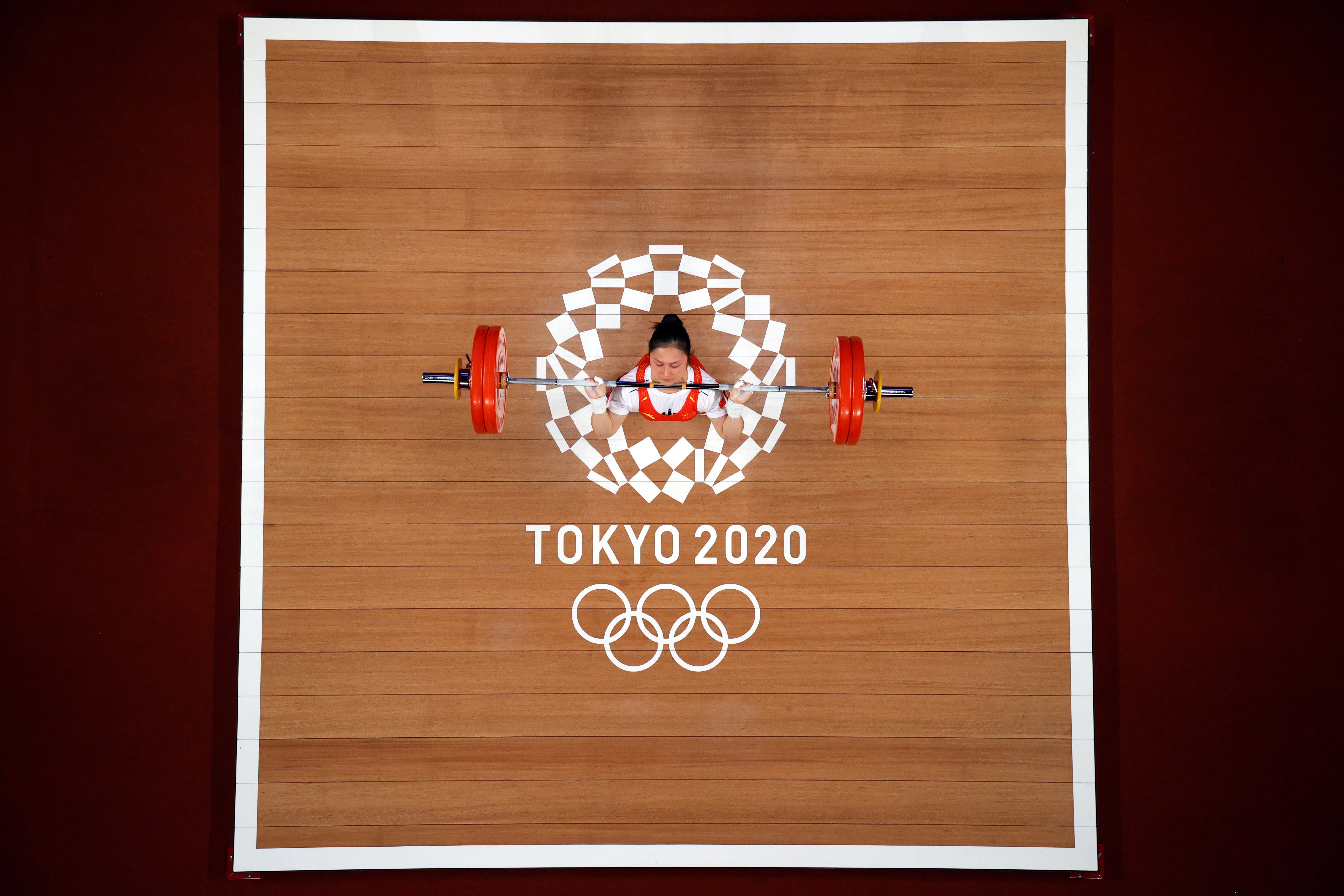The real winners - off the track - at the Olympic Games
Some industries are at the head of the race to cash in at the Olympics, despite the pandemic, reports John Amari in Tokyo

Your support helps us to tell the story
From reproductive rights to climate change to Big Tech, The Independent is on the ground when the story is developing. Whether it's investigating the financials of Elon Musk's pro-Trump PAC or producing our latest documentary, 'The A Word', which shines a light on the American women fighting for reproductive rights, we know how important it is to parse out the facts from the messaging.
At such a critical moment in US history, we need reporters on the ground. Your donation allows us to keep sending journalists to speak to both sides of the story.
The Independent is trusted by Americans across the entire political spectrum. And unlike many other quality news outlets, we choose not to lock Americans out of our reporting and analysis with paywalls. We believe quality journalism should be available to everyone, paid for by those who can afford it.
Your support makes all the difference.The Tokyo Olympics kicked off under a fourth state of emergency declaration in the host city amid rising coronavirus infections, and yet speculation is already underway in Japan about economic winners and losers from the Games.
While economists say it’s too early to tell what the fallout of the pandemic and the postponement and restart of the Games will be, some indicators suggest there may already be industries and sectors that will fare better than others.
With stay-at-home policies back in place in the Olympic city, providers of household appliances, such as electronics stores selling TVs, especially 4K monitors, mobile phones, tablets and computers, are expected to have a bumper year - with Games-related sales of consumer electronics projected to increase to 400 billon yen, some £2.6 billion, Forbes Japan reported in March.
“Even if the Games will be held in irregular fashion, it can still provide a tailwind for many companies,” analyst Naoya Kumagai, a strategist at Okasan Securities, told the Japan Times.
Commerce platforms with a strong e-commerce offering, like Shopify, or food delivery operators, like UberEats, are also likely to benefit from stay-at-home policies and the shift of customers from in-store to mobile- and online-first consumers.
Japanese food delivery operator Deme-Can Co, for example, whose stock had fallen 56 percent this year, may see a boost in sales later in the year as people in Japan become accustomed to ordering food remotely.
“Purchases of food and TVs will be expected to increase, as people seek to make the Olympics more fulfilling,” Kumagai said.
The same can be said for social media and streaming networks—from social and communications apps like Facebook, Instagram, and Twitter to streaming platforms like Netflix, Hulu, and YouTube. Such apps have become go-to platforms during the no-crowd Games.
However, business leaders and economists caution against any expected benefits of hosting the Games if, in doing so, Covid-19 infection rates continue to climb and more states of emergencies - which would jeopardise the economy further - are declared.
An earlier state of emergency declaration from April 25 to May 11, was estimated by one set of researchwers to have cost the economy around the equivalent of £3 billion.
Despite the pandemic and state of emergency declaration, sectors such as real estate, which is among the most negatively affected by the closing of international borders, may yet find a silver lining.
“Even after the fact of the coronavirus situation, real estate in Tokyo has been going up in price, and so has the transaction volume. This is without taking into account off-shore investors coming into Japan, who can’t come into Japan to buy real estate [right now],” Mitsuo Hashimoto, the CEO of Housing Japan, explains.
“When flights return to normal and in-bound [travellers] can come to Japan, they will start buying Tokyo real estate,” he adds.
Hashimoto points out that private real estate investors from southeast Asia, in particular Hong Kong and Singapore, are interested not just in high-end and high-rise apartments in Tokyo, but also in resort cities such as Niseko in Hokkaido, the northern-most prefecture in Japan. Hokkaido is renowned for skiing.
“If you look at Hong Kong, Singapore, New York and London, a lot of foreign people own real estate there, and that increases real estate prices. Whereas in Tokyo or Japan, the percentage of foreign ownership isn’t that high. With more and more foreigners buying real estate, its value will go up - and that will start in March next year.”
Join our commenting forum
Join thought-provoking conversations, follow other Independent readers and see their replies
3Comments